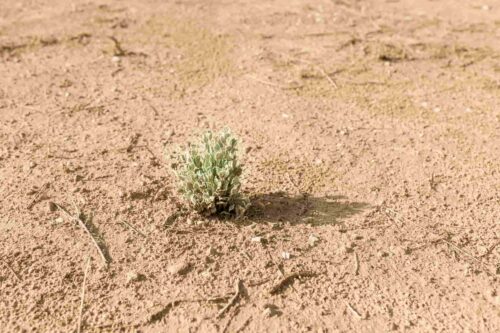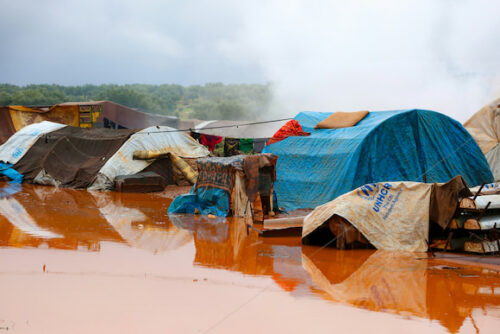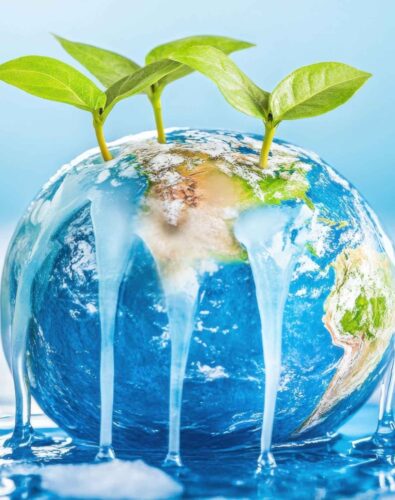
Resource Scarcity Culture and Values
One of Africa’s Most Important Water Sources Just Got Some Very Good News. Inside Climate News.
• News
WHAT IS PLANETARY HEALTH?
The limited availability of freshwater, rare earth metals, and arable land is an enormous challenge in many parts of the world.
The supply of natural resources such as soil, water, and minerals is diminishing due to climate change and consumption patterns. Their scarcity ripples outward to other systems humans rely on for survival, such as agriculture and aquaculture, aquifers, woodlands, renewable energy sources, and medical technology and supplies.
In particular, demographic changes are driving sharp increases in global water and energy demand at a time when climate change and unsustainable water use promises to increase water scarcity in a variety of ways, and the emissions and runoff from mining activities negatively impact water, air, and soil quality. Ironically, the demand for renewable energy also increases the need for rare earth metals which are extracted at the expense of nature. Competition for scarce resources has also been linked to displacement of populations and conflict.

Generations of resource extraction and overuse of ecosystem services have scarred the natural environment: the planet cannot support current levels of human consumption, and the benefits we derive from ecosystem services and natural resource consumption can no longer justify the destruction of the environment. Research to better characterize these challenges and identify systems-level solutions to competing needs for ecosystem services is urgently needed.
Resource Scarcity Culture and Values
• News
Displacement and Conflict Climate Change
• Videos
Resource Scarcity Research and Evaluation
• Multi-Media, Videos
Nutritional Diseases Land Use and Land Cover Change
• Tools
Displacement and Conflict Climate Change
• Research & Reports


